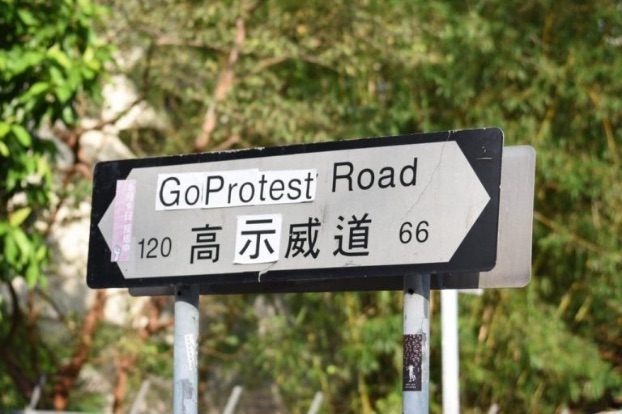Xinjiang Uygur
China Daily News headline:
"Xinjiang Uygur sees big influx of visitors", by Cheng Si (8/7/19)
N.B.: "Domestic travelers accounted for 98 percent of those visiting the region, while the top three sources of overseas visitors were Kazakhstan, Russia and Mongolia."
Never mind that it's hard to imagine why tourists would be rushing to the world's largest concentration camp. The wording of the title left me reeling: what is this "Xinjiang Uygur" that is seeing a "big influx of visitors"? As the subject of a passive sentence about an increase of tourists, that locution strikes me as ungrammatical and unidiomatic. (If they changed the last word and wrote "Xinjiang Uygur sees big influx of borrowings", then I could understand the first two words as referring to the standard Uyghur language of the region.)
I'm not the only person who feels that way.
Read the rest of this entry »



